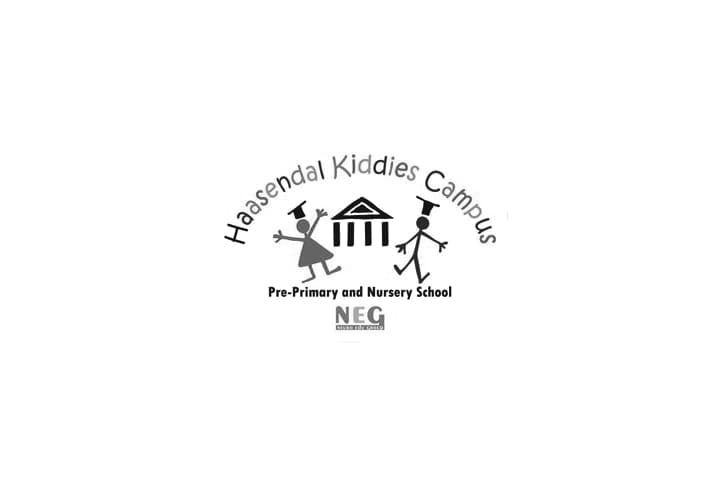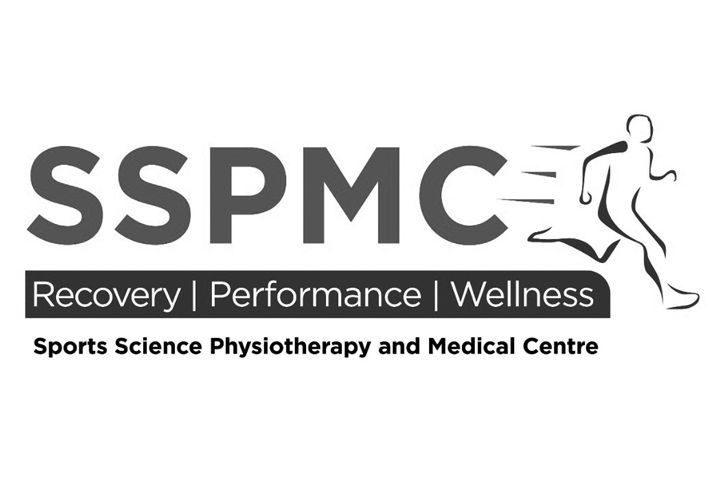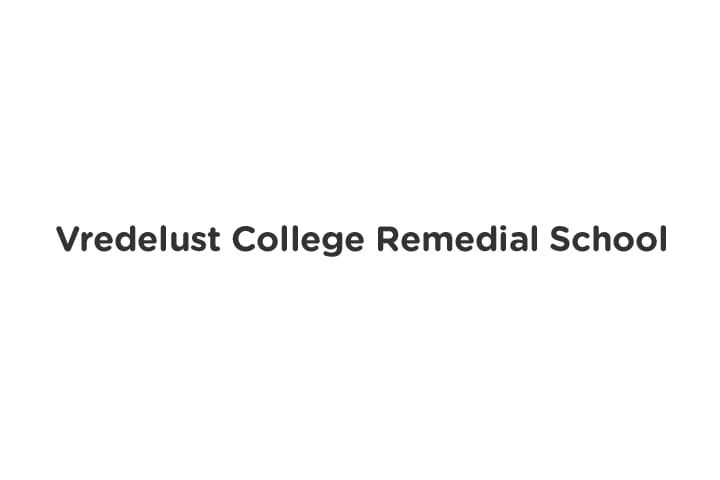Swallowing and Feeding
What are swallowing / feeding disorders?
Swallowing disorders are often the result of structural weakness or dysfunction and result in difficulty with the actual act of moving food from the mouth to the tummy. Whereas, a feeding disorder is often behaviorally motivated and results in the refusal of or an aversion to food. These conditions can be present in people of all ages but are most commonly seen in the pediatric and geriatric populations. Feeding and swallowing disorders can occur concurrently or independently of one another.
Swallowing Disorders
Swallowing disorders, also commonly referred to as Dysphagia, can result from decreased function of the oral, pharyngeal or esophageal structures.
Signs & Symptoms of Swallowing Disorders:
- Coughing or choking with food or liquid
- Wet vocal quality (gurgly voice)
- Runny nose or watery eyes with meals
- Food refusal or prolonged feeding times
- Pneumonia or respiratory problems
- Low grade fever following meals
- Abnormal oral feeding/ difficulty chewing
Assessment and Treatment
Swallowing disorders can be identified and treated by a Speech Language Pathologist. In some cases a Modified Barium Swallow Study or Video Fluoroscopic Swallow Study is recommended to further assess the swallowing mechanism. Treatment of swallowing difficulties focuses on identifying a cause, determining the safest diet, and improving swallowing skills. Treatment may include altering food or liquid consistencies, proper positioning, improving muscle strength, tone, and coordination, and teaching compensatory strategies.
Feeding Disorders
Feeding disorders differ from swallowing disorders in that they are often behavior based. However, feeding disorders often occur concurrently or as the result of a swallowing disorder. For example, a child who was fed via a feeding tube may be orally averse and therefore present with a feeding disorder.
Signs and Symptoms of Feeding Disorders:
- Food aversion or refusal
- Failure to advance to ageappropriate foods
- Negative mealtime behaviors
- Excessive vomiting
- Gagging or choking
- Failure To Thrive
Assessment and Treatment
Feeding disorders can be diagnosed and treated by a Speech-Language Pathologist. Treatment will focus on identifying the cause of the disorder, developing a plan to address both behavioral and physical concomitants, and educating the family and caregivers.






